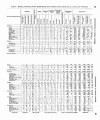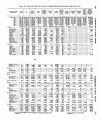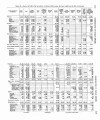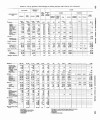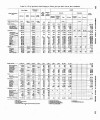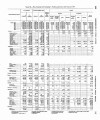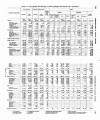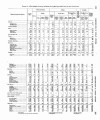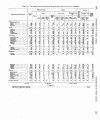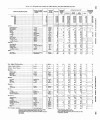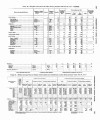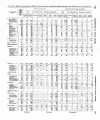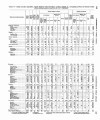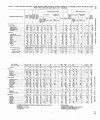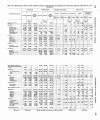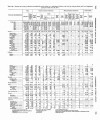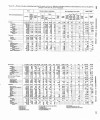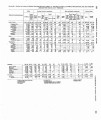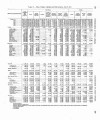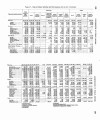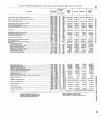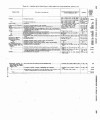| OCR Text |
Show COMMISSIONER OF INDIAN AFFAIRS. 19 i t is not necessarily so, either with the Indian or the white man. Many times, when the outward appearance is good, there can be found unsanitary conditions. Infant children should not be fed the food of an adult, but rather and always the nourishing foods suitable for infanta. Too much food is sometimes quite as harmful as too little. The important ,&g is that an infant or growing child shall dwap have the pmper food for his age. It is essential, too, that the mother shall be well cared for before, at the time of, and following childbirth, at home or in a hospital. Ae you know, our health campaign has been vigorously pursued for nearly three years. I have regkrded it as the thing about which all other administrative activities should revolve. Education and protection of property are highly important, hut everything is secondary to the basic condition which makes for the perpetuation of the race. Our whole field force hss earnestly joined the office in a determined campaign to rebuild the constitution of the Indian as r a.~id.lva s D. wihle. reduce tuberculosis. eliminate trachoma, md apeedily stop the appalling percentage 01 deaths among Indian children. For many. v. em i t hwbeen truthfullv announced that the Indian wss a vanishing race. Many conditions conspired to make it so. I t was a crime to permit it to exist long after discovery, but it hns continued until the world lwks upon the Indian as a dying race. Under such conditions it would seem almost in-defensible that Congress should appropriate lage sums of money for the education and the general administration of their affairs. It is out of harmony with the whole program that we should make the fight now in progress for the advancement of a dying race. I am indeed proud of the fact, and may I not say that its scccomplishment will stand out in history as a mile-stone, yes as a monument, more conspicuous than any other one thing in the history of Indian administration during the last half century, that we have now demonstrated. as ascertained from de~endsblere wrts made bv the superintendents, phyaician~a, nd field matrons at the series of Indian school institutes held this summer, for the fimt time in 50 veam there were in 1915-16 more births than deaths among the Indians of the United states. The Indian is no longer a vanishing race. Our strenuous effort8 are certainly worth while with such a reward awaiting 11s--saving a noble and deserving people. With a continuance of our present eam-paign there ia now every promiae that the Indian will permanently survive and be-come a component part of our civilisation atanding aide by side with the Csuessian. Together with the other things mentioned in this letter. I wish again to impress mast eamewtl.v uw-n yo.u th e tremendous im~ortanceo f imorovine sanitarv condi-tions in every Indian home. Let anitation be our wstchword. In our nation-wide Indian health campaign, let us make anitation the first consideration. CHOCTAW AND CHEROKEE HEALTH DRIVES. Some time since it came to my attention that health conditions were especially bad among the Choctaws and Cherokees ot OWahoma, accordingly as soon thereafter as funds could be secured, I arranged for health hives among these two tribes; set aside the necessary funds, organized an experienced and competent force consisting of a special medical supervisor and a woman supervisor, with six field matrons for each, under the immediate direction of Supt. Parker. This work contemplated a campaign of three or four months' house to house canvass, to effect immediate results by way of prevention as well as cure, improving s a ~ t a r yh, e alth, and home conditions, with special reference to tuberculosis, the segregution of open cases and |






















































































